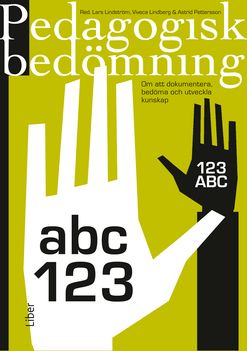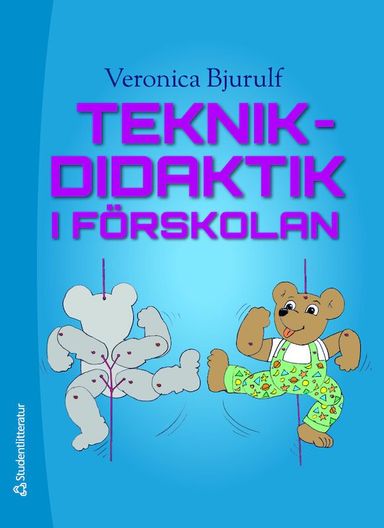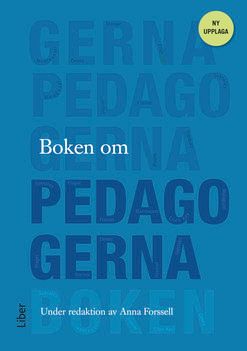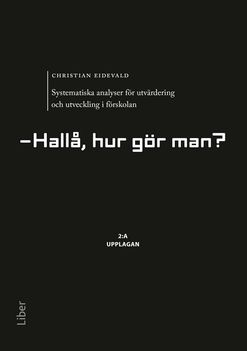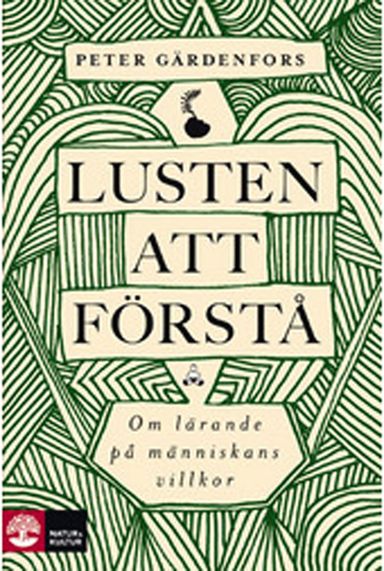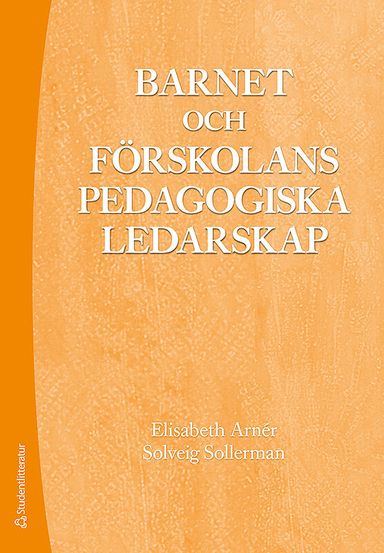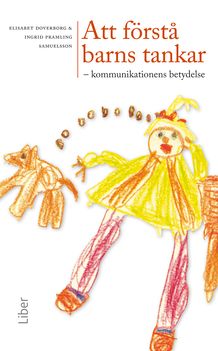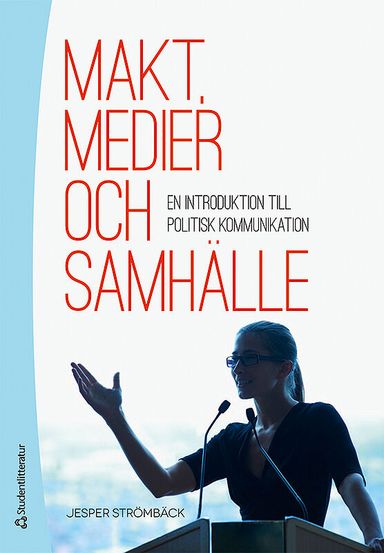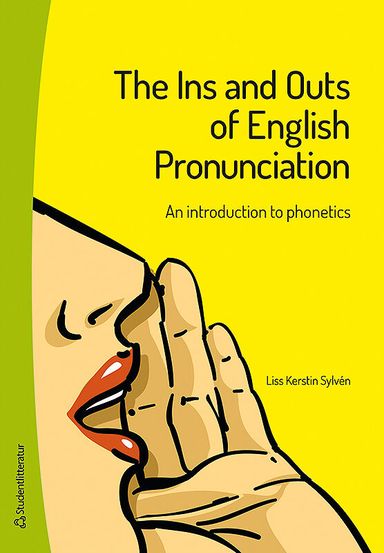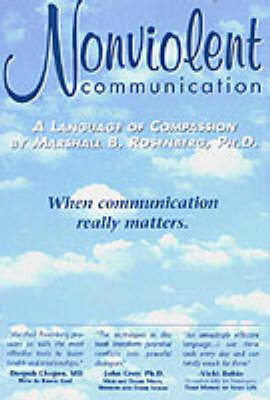

Nonviolent Communication: A Language of Compassion
- Utgiven: 1999
- ISBN: 9781892005021
- Sidor: 211 st
- Förlag: PuddleDancer Press
- Format: Häftad
- Språk: Engelska
Om boken
Nonviolent Communication is a simple process that facilitates the flow of communication necessary to exchange information and resolve differences compassionately. It is based on identifying universaly shared standards and needs. NVC can be practically applied in educational institutions, business and industry, social service agencies and politically charged situations, as well as family and personal relationships. Nonviolent Communication encourages people to use language that increases goodwill. It teaches people how to avoid language that creates resentment or lowers self esteem. It emphasizes compassion as the motivation for actions, rather than fear, guilt, shame or blame. It also emphasizes personal responsibility for our choices. Nonviolent Communication can be used effectively even without the other person's or group's knowledge of the process. Marshall Rosenberg has rediscovered the lost language of humankind, the language of a people who care about one another and long to live in harmony. He guides us in reframing the way we express ourselves and listen to others by focusing our consciousness on four areas: what we are observing, feeling, and needing and what we are requesting to enrich our lives. The skills he teaches foster deep listening, respect, and empathy and engenders a mutual desire to give from the heart.
Åtkomstkoder och digitalt tilläggsmaterial garanteras inte med begagnade böcker
Mer om Nonviolent Communication: A Language of Compassion (1999)
I mars 1999 släpptes boken Nonviolent Communication: A Language of Compassion skriven av Marshall B. Rosenberg. Den är skriven på engelska och består av 211 sidor. Förlaget bakom boken är PuddleDancer Press.
Köp boken Nonviolent Communication: A Language of Compassion på Studentapan och spara pengar.
Referera till Nonviolent Communication: A Language of Compassion
Harvard
Rosenberg, M. B. (1999). Nonviolent Communication: A Language of Compassion. PuddleDancer Press.
Oxford
Rosenberg, Marshall B., Nonviolent Communication: A Language of Compassion (PuddleDancer Press, 1999).
APA
Rosenberg, M. B. (1999). Nonviolent Communication: A Language of Compassion. PuddleDancer Press.
Vancouver
Rosenberg MB. Nonviolent Communication: A Language of Compassion. PuddleDancer Press; 1999.





